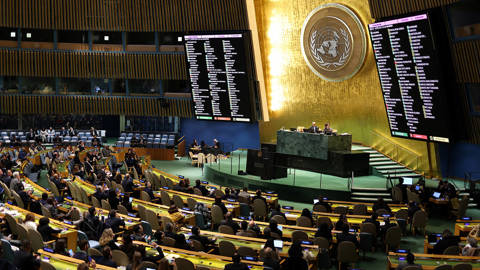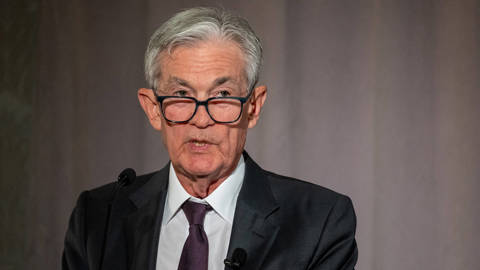Should Germany Exit the Euro?
Hans-Werner Sinn’s response confirms my fear that the euro will eventually destroy the European Union. The longer it takes, the greater the political damage and the human suffering – and it may take a long time. Given that the way the euro is currently managed puts the “peripheral” countries at a serious competitive disadvantage in terms of their access to capital, they are condemned to a lasting depression and a continuing decline in their competitive position.
As Sinn says, Germany will not accept Eurobonds. The German Supreme Court has indicated that Germany will require a referendum before Eurobonds can be introduced, and it is currently considering whether the European Central Bank has exceeded its powers. The Bundesbank has submitted a brief that criticizes the legitimacy of some of the ECB’s recent actions. It argues that, under the German constitution, the ECB is prohibited from making any decisions that impose potential liabilities on German taxpayers, because it is not subject to German parliamentary control.
A decision in favor of the Bundesbank would put the periphery position in an even more dire position. It is bound to strengthen anti-European sentiment. If current policies persist, they are bound to lead to the disorderly disintegration of the EU. Surely that is not what Germany wants.
I do not agree with all of Sinn’s arguments, but there is no point in getting bogged down in the details. The point is that the current state of affairs is intolerable. Sinn claims that the root cause of the euro crisis is that the Mediterranean countries are not competitive. If he represents German public opinion correctly, a mutually agreed breakup of the Eurozone into two currency blocs would be preferable to preserving the status quo.
The division of the euro into two blocs would cause serious dislocations. Germany assuming the role of a benign hegemon would benefit everyone, but that seems to be unattainable. The division of the euro could save the EU, provided that the periphery retains possession of the euro. Given that their debt is denominated in euros, this would enable them to avoid a default that would destabilize the global financial system. And France, in its current competitive position, would be better suited to act as the eurozone’s leader, rather than to remain a passenger in a car driven by Germany.













